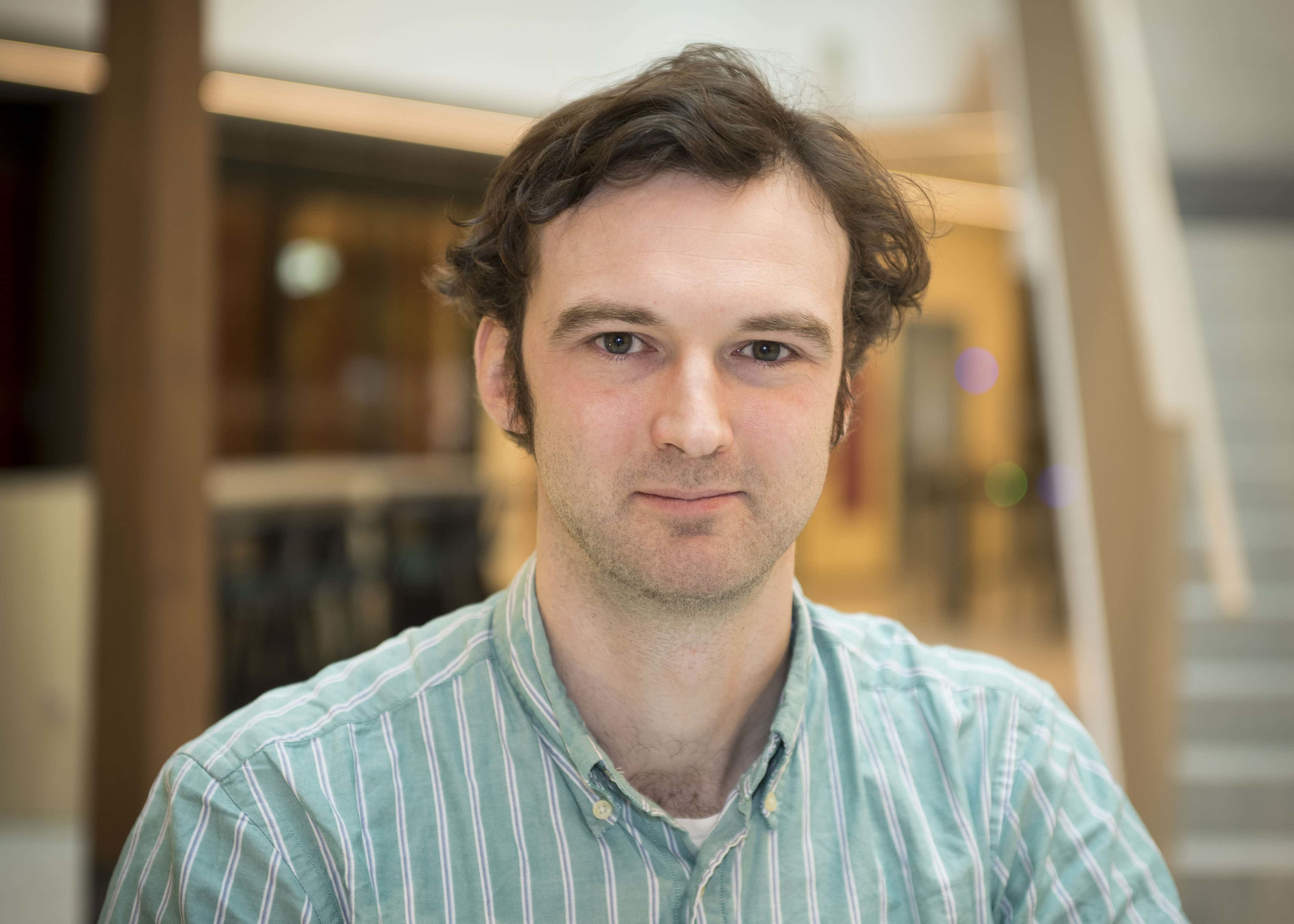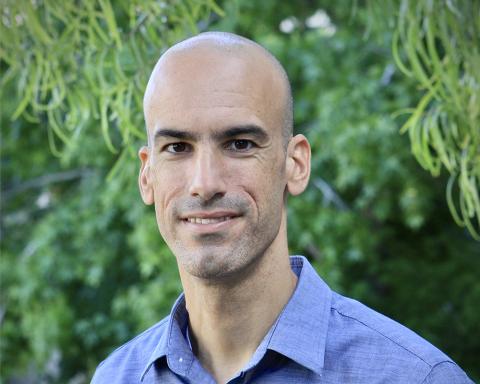Key details
Investigating genetic risk
Around 850,000 people in the UK have dementia and there are currently no effective therapeutics for any of the neurodegenerative diseases that give rise to the condition. However, in order to develop treatments, we must fully understand the root causes of diseases like Alzheimer’s and Parkinson’s, and where the earliest changes in our brain are occurring.
The Skene Lab is aiming to answer some of the critical questions that remain in dementia research. By investigating genetic risk, and using a range of sophisticated bioinformatic techniques, the team are seeking to find the primary cell types affected in these conditions. If successful, we will gain greater understanding as to where these diseases originate, the fundamental pathways involved and crucially a panel of drug targets for developing treatments.
Latest news



Dr Nathan Skene
Dr Nathan Skene is a Group Leader at the UK DRI at Imperial. Find out more about his career and expertise on his profile page.

Research summary

DNA strand. Credit: Shutterstock/Woravit Thongpolyos
Simple questions about neurodegenerative disease: where? when? how?
The Skene Lab's work focuses on deciphering the human genetics underlying neurobiology including that of cognitive traits, brain function, and neurodegenerative disease. Having built expertise in artificial intelligence, cybergenetics and computational biology, Dr Skene became interested in single cell RNA-sequencing and the generation of brain atlases during his PhD at the Wellcome Sanger Institute. Moving to the Karolinska Institutet in Sweden, he carried out his postdoctoral studies as part of the Functional Neuromics Project – an initiative to create and utilise brain atlases to identify cellular phenotypes within the brains of transgenic animal models.
While at the Karolinska, Dr Skene used an unbiased computational approach to find that multiple cell types play a role in the etiology of schizophrenia, while only microglia appear to be influenced by the common genetic factors influencing Alzheimer’s disease. For Parkinson’s disease, the team found that neurons that tend to degenerate in the condition, are associated with the common genetic variants which cause the disease. These neurons all express a common set of genes, suggesting that the reason they degenerate is cell autonomous. The other surprising finding from these studies was strong genetic association with oligodendrocytes in the disease.
In this UK DRI programme, the team will continue studies probing the cellular origins of of neurodegenerative conditions, with the aim that this knowledge will form the foundations of better targeted therapeutics. Dr Skene is also involved in the UK DRI Multi-omics Brain Atlas Project and works closely with the Deep Dementia Phenotyping (DEMON) Network using data science and AI for dementia research.
Main objectives and research goals:
- Determine the precise cell types associated with neurodegenerative diseases, focusing primarily on those caused by common genetic variants (including Alzheimer’s disease, ALS, multiple sclerosis and Parkinson’s). Novel epigenetic datasets will be generated from human post-mortem tissue and statistically integrated with GWAS data. We will seek to understand for which diseases the selective vulnerability of neuronal subtypes can be explained by genetics.
- Having identified the cell types which are implicated in disease through genetics, we will seek to identify the affected cell-type specific biological processes. Machine learning will be used to evaluate the effect of disease associated genetic variants on processes such as RNA-splicing and RNA-protein interactions.
- Determine the time points in the lifespan at which genetic factors contribute to disease processes. To enable this to be addressed, data will be collected from disease-relevant cell types from time points spanning development through to old age.
Key publications
Vacancies
Lab members
- Dr Eugene Duff (Senior Researcher - joint with Prof Paul Matthews)
- Dr Maria Weinert (Postdoctoral Researcher)
- Dr Elina Nagaeva (Postdoctoral Researcher)
- Mrinal Joshi (Technician)
- Marcio Oliveira (Technician)
- Hiranyamaya (Hiru) Dash (Research Technician)
- Isidora Gocmanac (PhD Student)
- Toby Clark (PhD Student)
- Jay Moore (Research Assistant)
- Jade (Ching) Leung (Research Assistant)
- Chris Crampton (Research Assistant)
- Megan Coates (Research Assistant)
- Andrew Sigismondi (Student)
Collaborators








Lab funders
Thank you to all those who support the Skene Lab!
